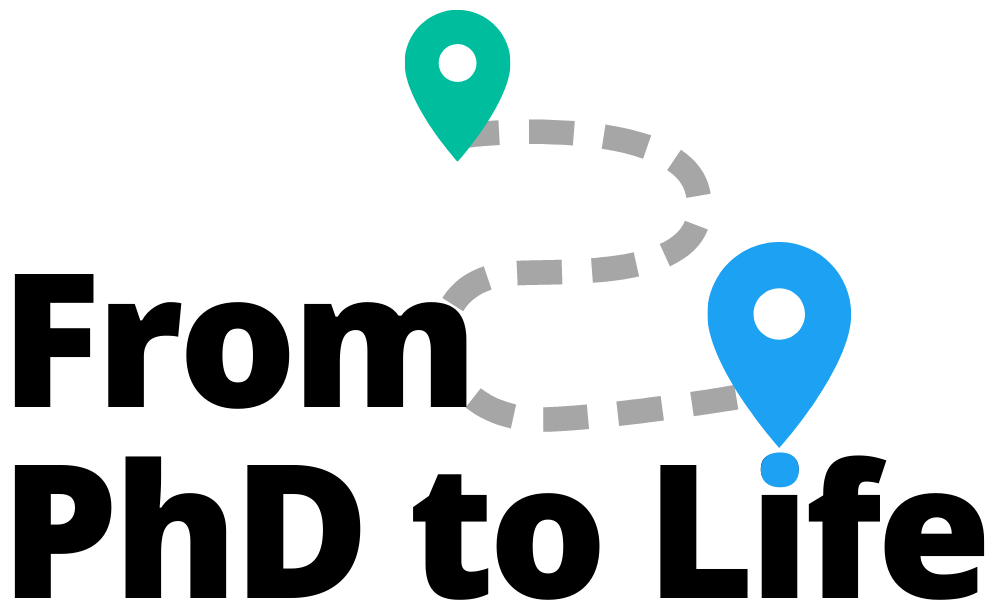
Want to hear something frustrating when it comes to getting a job after your PhD? (Yes, yes you do.)
I occasionally speak with employers (including both CEOs and HR/talent acquisition professionals) who want to hire social science and humanities PhDs for actually awesome research and analyst positions but struggle to do so.
Say what? Yeah. 🤯
It’s like there’s a big chasm between PhDs who want good jobs and employers who want to hire great new folks.
Now, the reasons differ and overlap.
- There’s trouble sourcing candidates, that is, getting qualified, interested PhDs to apply in the first place.
- There are wonky application materials that recruiters can’t readily parse or that raise red flags for them.
- There is the problem of retaining folks who have their minds still set on academia.
And there’s absolutely work to do on both sides of this problem. (It’s not only on individual job seekers.) That’s why these organizations and businesses want my advice/help: they want to do their part in solving their own challenges.
Your part of this work is making sure that if you do apply, your materials work for you. 💪
What does that mean?
For example, an academic-style CV likely won’t get your application past HR. Why? Because a recruiter can’t evaluate your candidacy based on such a document, particularly in a context when other applicants have tailored their materials to the job.
If there are strong candidates in the mix who effectively communicate* why they’d be great fits for a position and then there’s you, with your long academic CV and cover letter, well, most recruiters and hiring managers will interview a few of the former and won’t move your application forward.
* Remember that effective communication is in the eye of the beholder, as it were. You’ve got to meet your audience where they are.
Tip: If you’re unsure whether to submit an academic-style CV or a more typical resume, ask. Better that than spending hours preparing an application package that just gets tossed. 😖
And if you don’t know what you don’t know? Well, such is life, and it’s why at the start of your job search you might NOT actually be job searching at all. Instead, begin by focusing on who you are, identifying possibilities for yourself that align, and then learning about application expectations and hiring norms in your target fields.
🚨This is all why I teach PhDs — from all disciplines — to PREP for their job searches, FOCUS on themselves, IDENTIFY possibilities, and only then MARKET themselves to employers, once they know how they can do that effectively.
Learn more about getting a job after your PhD in my new free video training.
